In partnership with Operation Stand Down Tennessee and the Jack C. Massey College of Business at Belmont University, members of the 160th and 5th Special Forces Groups at Fort Campbell immersed themselves in Nashville’s business community through the Career Recon program. The custom two-week program aims to connect service-members and veterans—a high-skill opportunity population—to potential careers in our region.
While their transition from the United States Army has just begun, this program used rigorous instruction and exposure to a multitude of local career opportunities to provide twelve service-members with the tools needed for a successful transition.
Meet Shane Minnick, a 30-year special forces combat veteran who recently completed Career Recon.
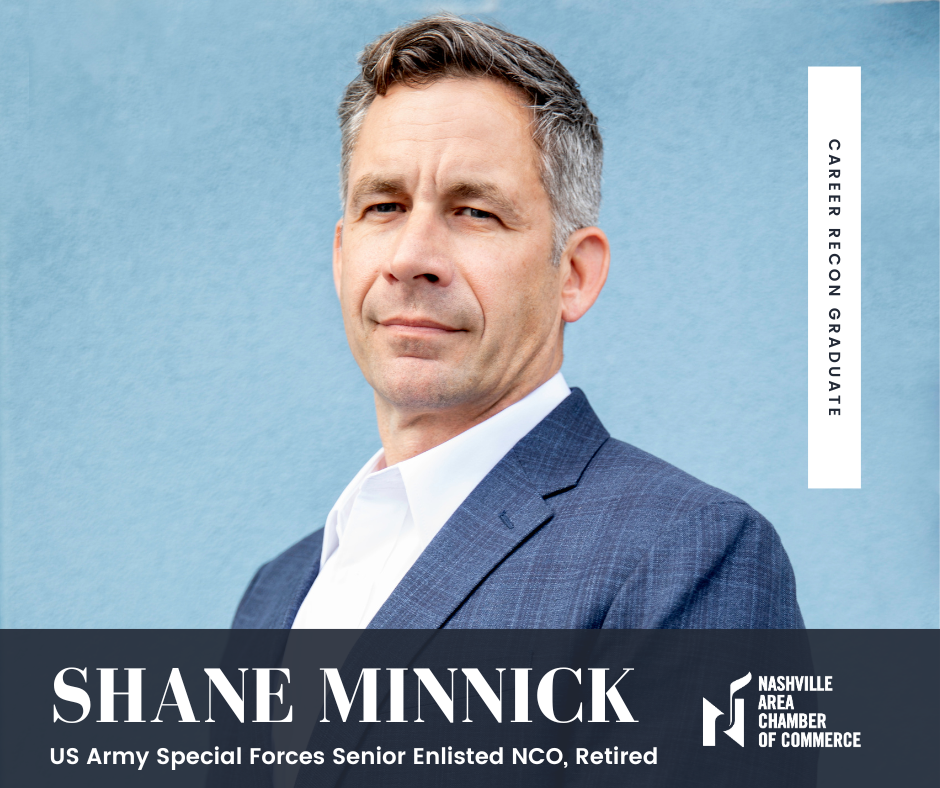
1. How did you come into military service and what was your experience like as a career special forces officer?
My journey into military service began well before I took my oath of service. A service-oriented mindset was instilled at a young age, where patriotism was a bedrock of my community in Minnesota. I was drawn into service by this sense of dedication, but also the adventure that I knew would come with joining the Army. After a few years of serving, I knew this was my calling and I decided I would pursue a career in the Army. It wasn’t long after that decision that I was identified as a special forces candidate and began my decades-long service in the special forces.
The special forces community is littered with high functioning subject matter experts who are uniquely skilled in aligning their talents to accomplish various, complex goals. I was drawn by this community’s structure and was able to hone my skillset among the world’s most specialized and mission-driven group of individuals. After 30 years of service in this community, all but five in Tennessee, I retired as a Sergeant Major within the 5th Special Forces Group in Fort Campbell. As a leader in this community, I learned the importance of teamwork, adaptability, and resilience, skills that are transferable to any industry.
2. What were your takeaways from Career Recon and how do you feel about your transition today, compared to before you started the program?
From day one of the program, I was extremely appreciative to be exposed to so many professors and business leaders. Over the course of the program, I directly engaged with more than 35 experts ranging from career coaches to leading business owners that provided a unique look behind the curtain of how business works.
Without Career Recon, I never would have been exposed to so many leaders that were able to instill the confidence I needed to chart a path forward in the civilian workforce. The various assessment we completed were also insightful, as well as the new touch points I created with leaders who want to support and nurture veteran talent.
3. What is one thing you’d like business leaders to know about hiring veteran talent?
I think it’s important for business owners to realize the importance of culture. Veterans are adaptable leaders who excel in healthy and productive environments and can create a positive culture in the workplace.
Business leaders should know that veterans bring a unique set of skills to the table that can make them force maximizers in any organization. With that in mind, employers should also be intentional about eradicating stereotypes in the hiring process and connect a veteran’s background to job function to maximize their potential.
4. What piece of advice would you give fellow veterans as they transition into the civilian workforce?
Whether you’ve been in for 5 years or for 30, my advice to fellow veterans transitioning into the civilian workforce is to manage their expectations, conduct market research, analyze their skillset, and align their prospects with organizations that match their values and can support their long-term goals. Veterans should also leverage their unique skillset and transferable skills to position themselves as valuable assets in their desired careers.
5. What career opportunities are you looking to explore and how will your years of military training set you apart in the workforce?
As I complete my transition into the civilian workforce, I am pursuing a career in small business ownership and project management, leveraging the skills I’ve developed over three decades of military service. My training as a special forces NCO has equipped me with the leadership, teamwork, adaptability, and resilience necessary to thrive in the business community, making my skillset an invaluable asset to any organization.
Special thanks to Shane Minnick, US Army Special Forces Retired, for sharing his experiences with Career Recon. Visit osdtn.org/recon to learn more.
